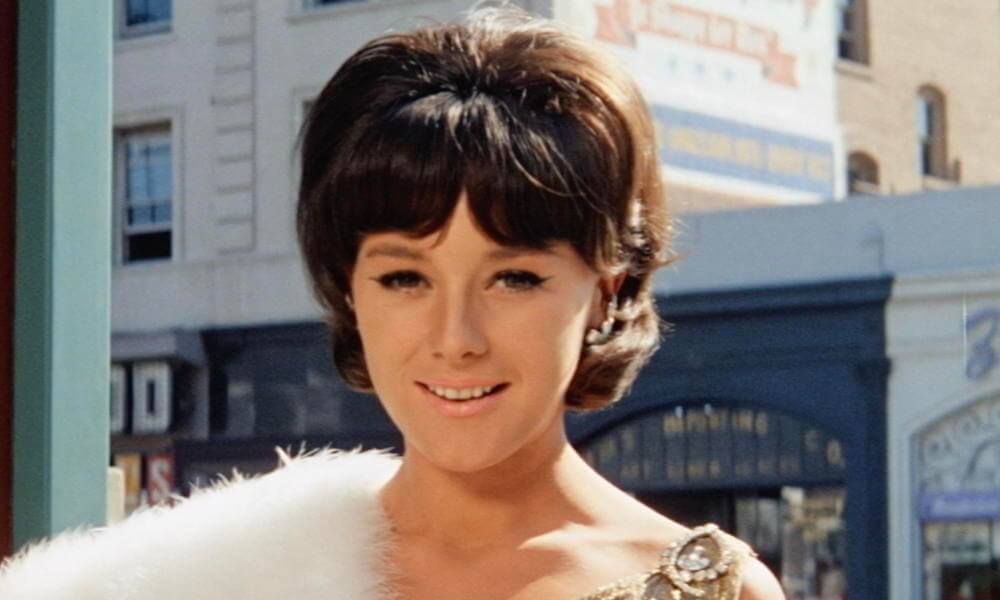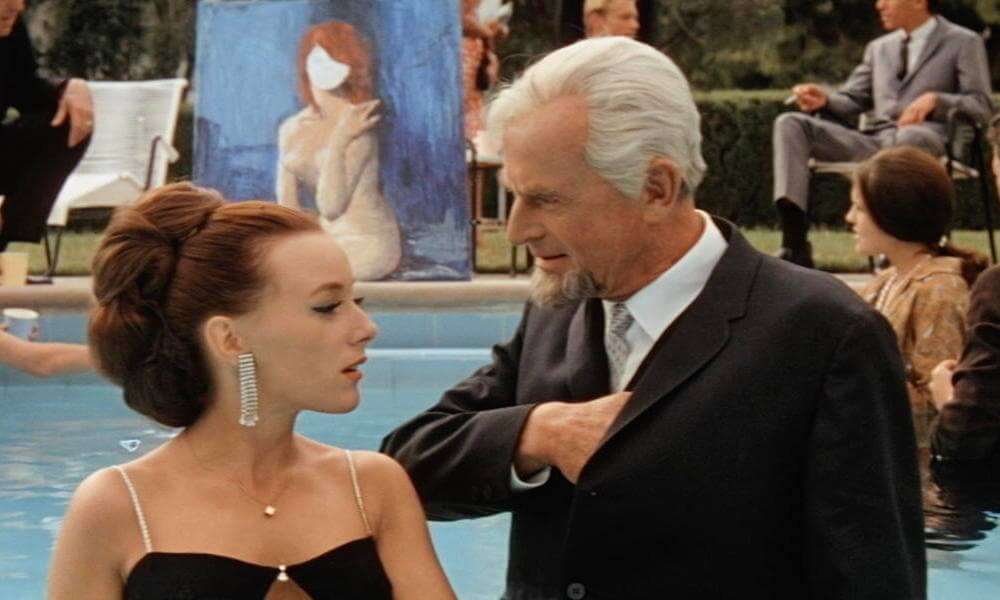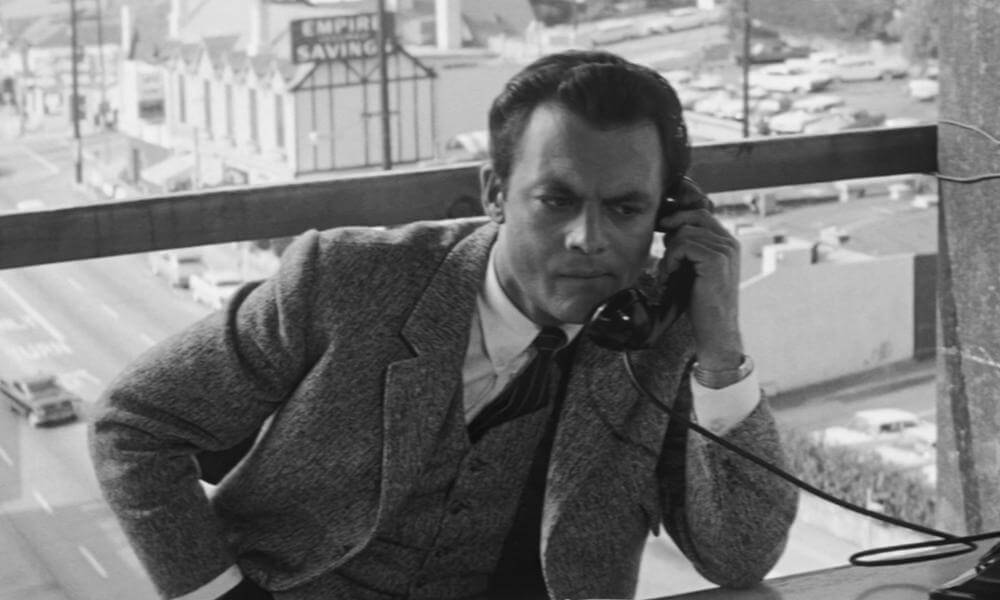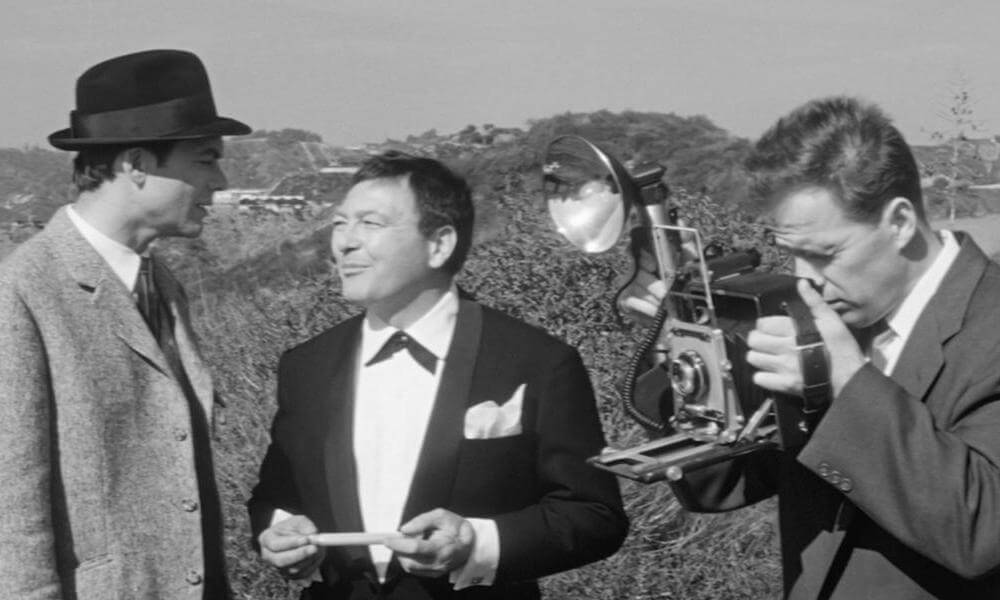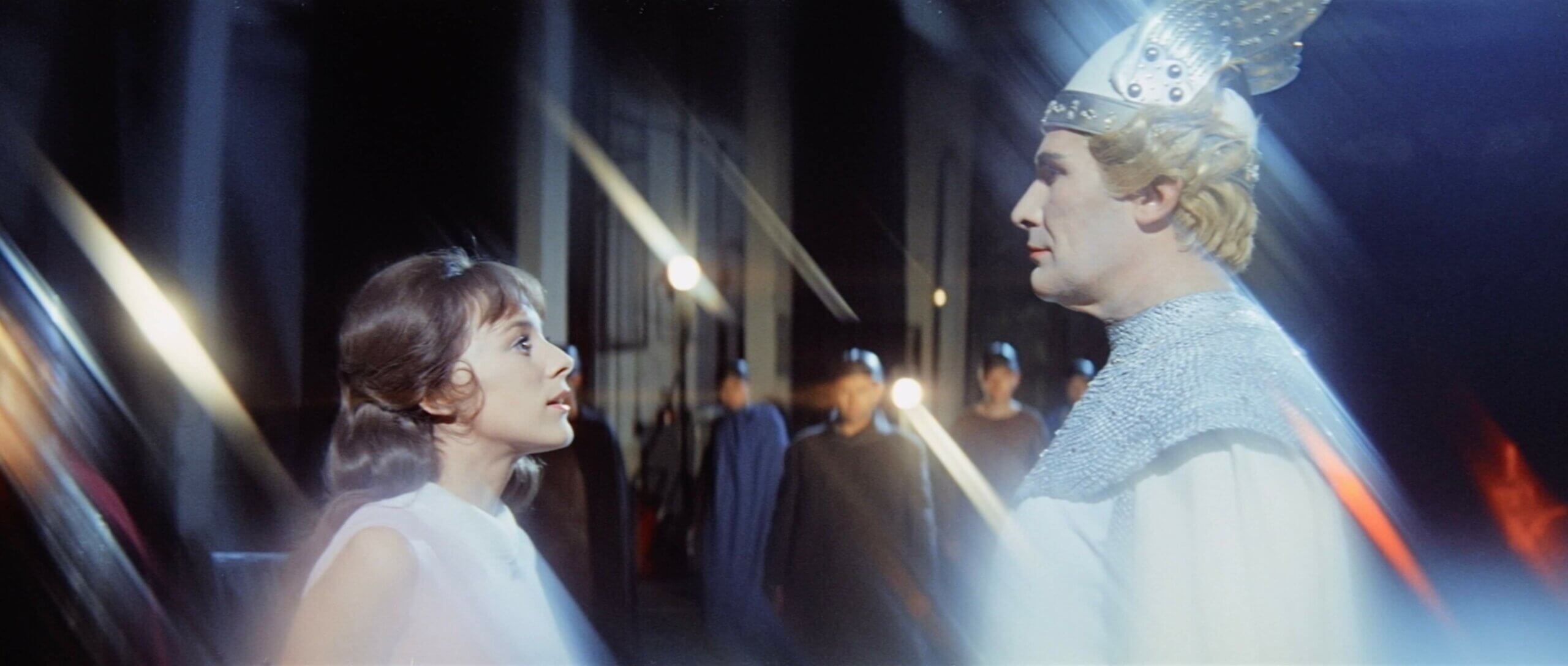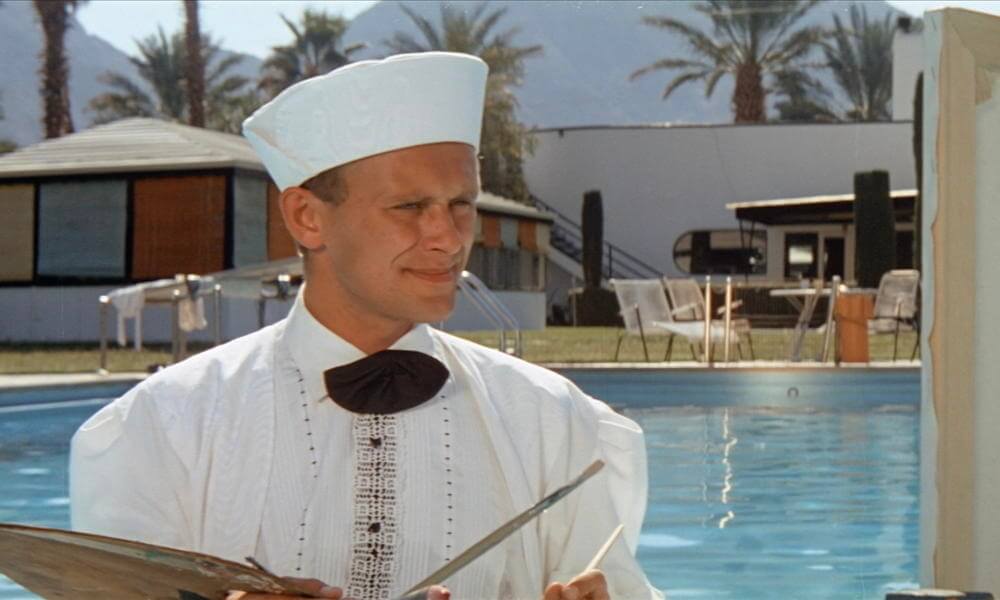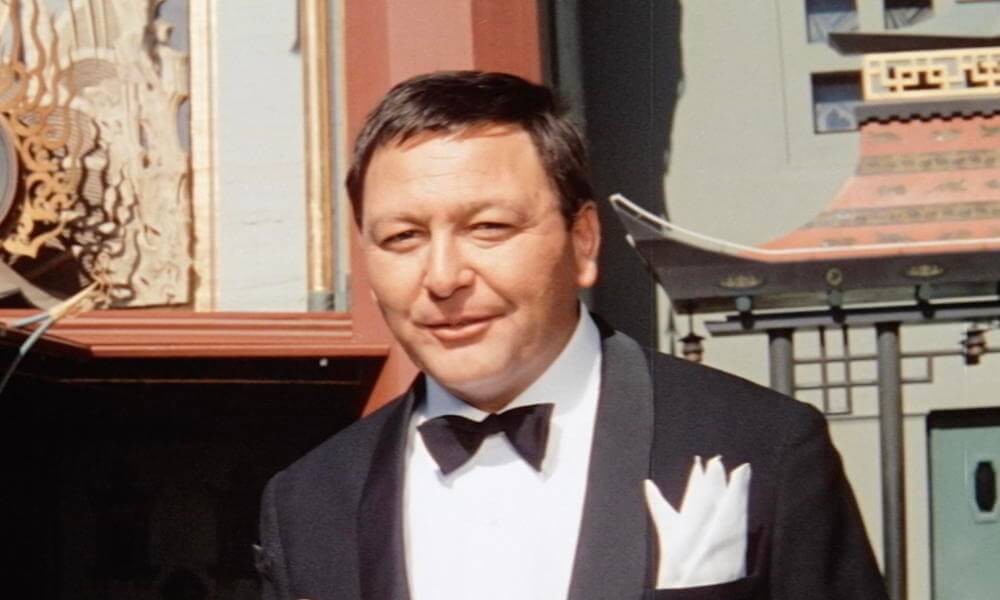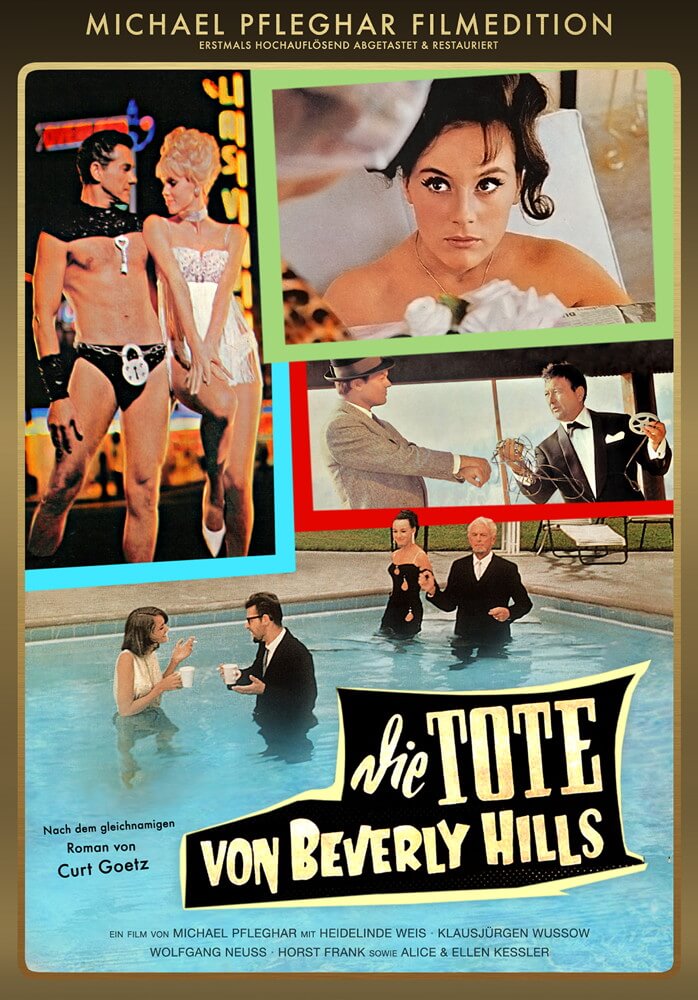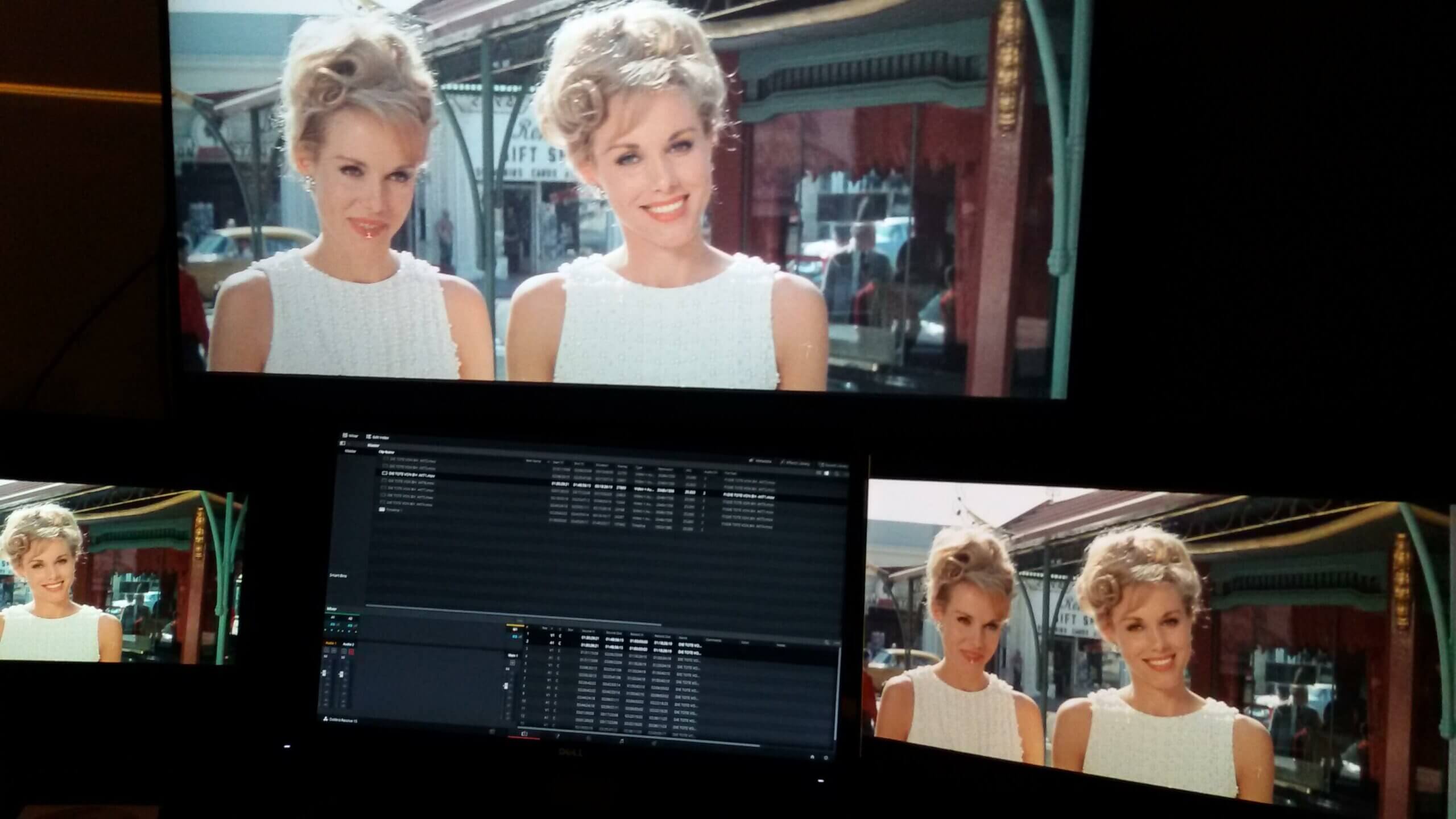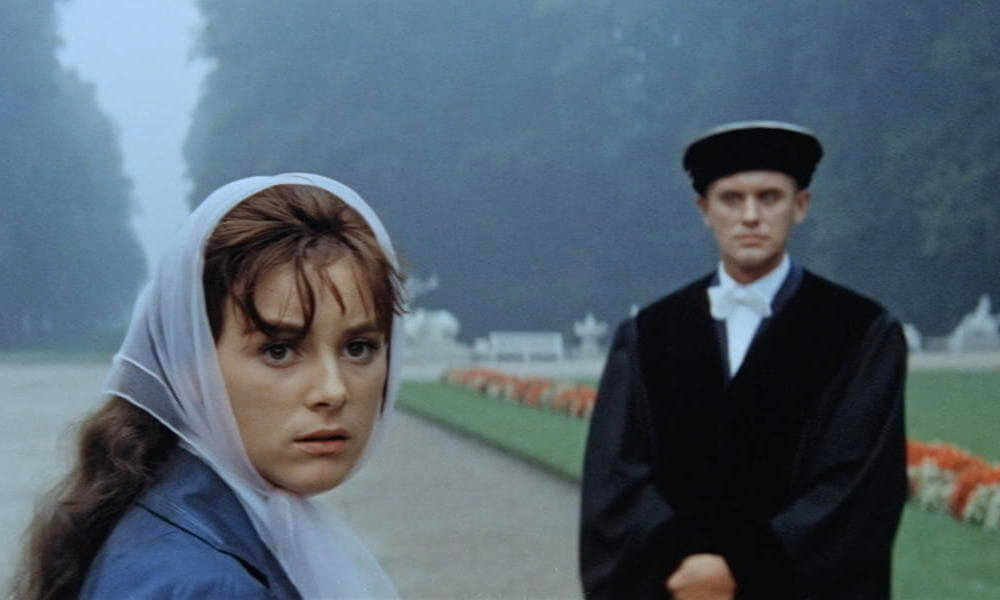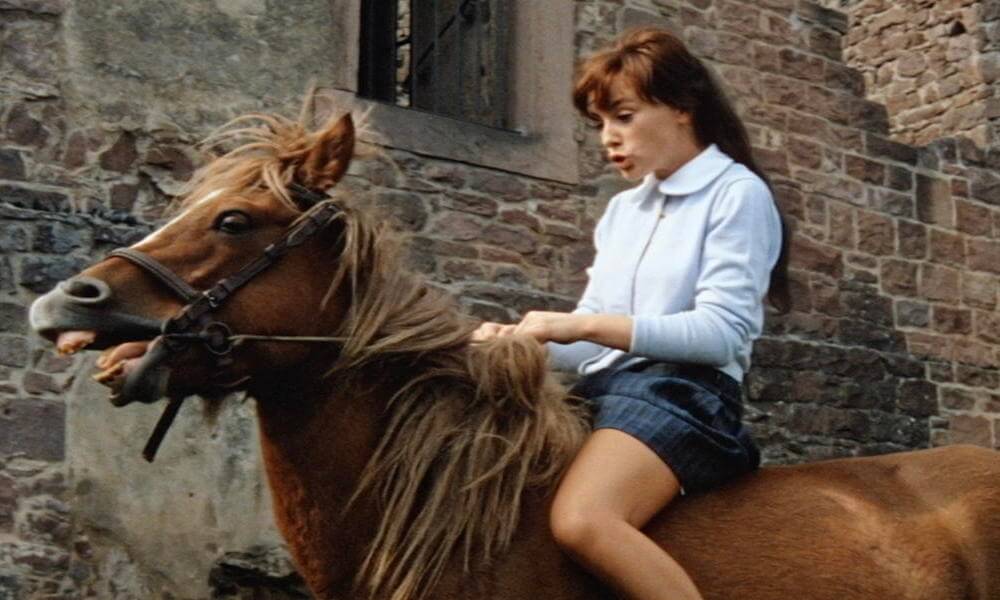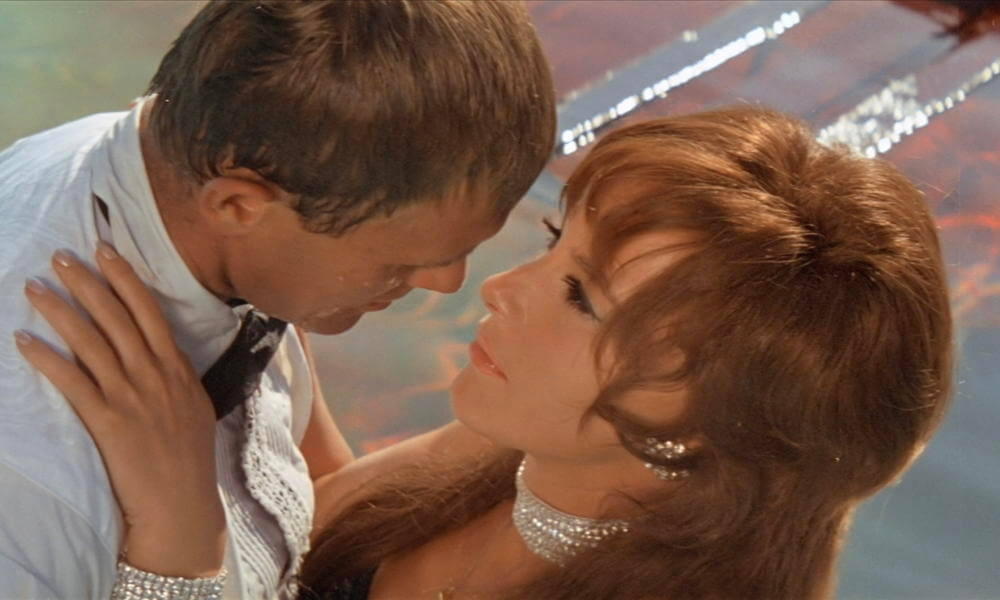Titel: Die Tote von Beverly Hills
Director: Michael Pfleghar
Based on the novel by: Curt Goetz
Written by: Peter Laregh, Michael Pfleghar, Hansjürgen Pohland
Cast: Heidelinde Weis, Klausjürgen Wussow, Horst Frank, Wolfgang Neuss, Alice Kessler, Ellen Kessler, Walter Giller, Bruno Dietrich, Ernst Fritz Fürbringer, Peter Schütte, Herbert Weißenbach, Walter Giller
Producer: Hans Jürgen Pohland
Produktion Manager: Harald Zimmer
Production Assistant: Peter Genée
Cinematography: Ernst Wild
Electrical Department: Jürgen Jürges
Film Editing: Margot von Schlieffen
Costume Design: Helmut Holger
Music: Heinz Kiessling
Production Company: Modern Art Films
Year of Production: 1964
Genre: Drama, Crime
Country: Germany
Language: German
Locations: Berlin (Germany), Hollywood, Los Angeles, California (USA; Las Vegas, Nevada (USA); Los Angeles, California (USA); Schwetzingen, Baden-Württemberg (Germany)
Runtime 110 Min
FSK: 12 (bis Mai 2919 FSK: 18)
Aspect Ratio: 2,35:1 (Remastered)
Sound Mix: Mono
Resolution: 4K ( 2019)


